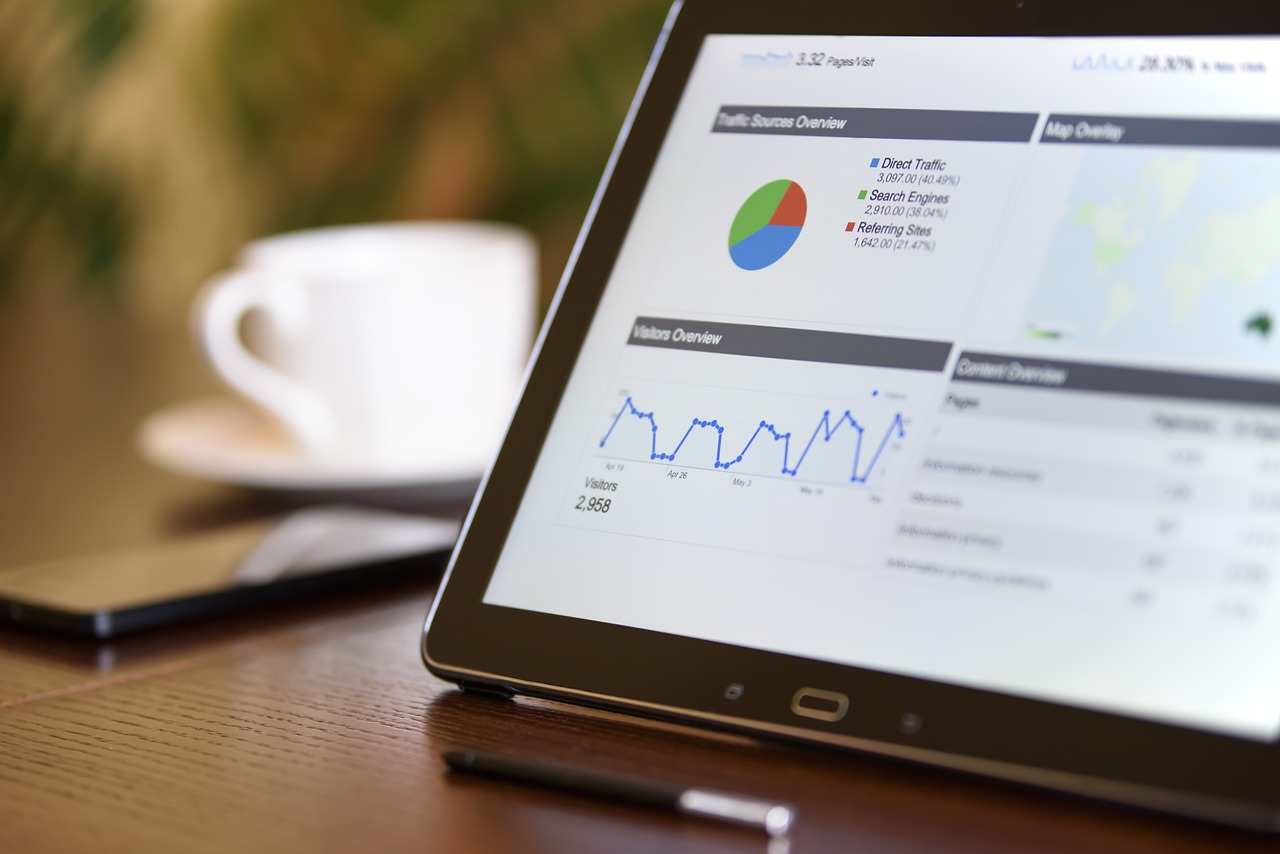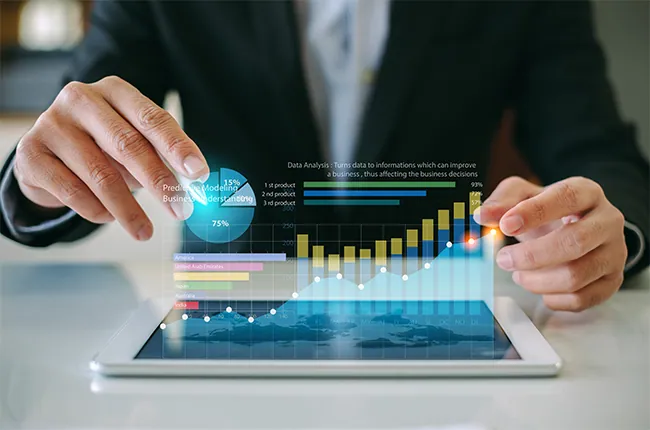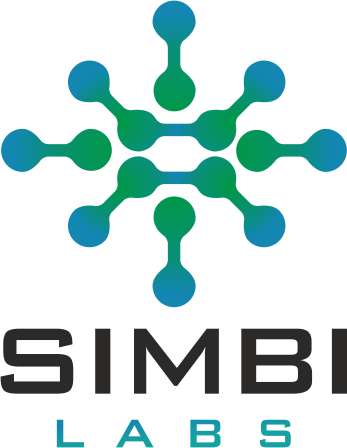
Biostatistics Research and Analysis Solutions
Get Support in Academic Analysis, Process Automation, Business Analytics, Manufacturing, Tutoring, Learning Tools, and Softwares.
The International Productivity Research Center
Get Support in Academic Analysis, Process Automation, Business Analytics, Manufacturing, Tutoring, Learning Tools, and Softwares.

Biostatistics Research and Services

Bioinformatics and Genomic Data Analysis
Develop pipelines for processing and integrating multi-omics data, including RNA sequencing, genomics, proteomics, and metabolomics, to identify differentially expressed genes in responsive cancer patients, aiming to uncover potential biomarkers for personalized medicine

Clinical Trial Design and Analysis
Designing a randomized controlled trial with adequate sample size, performing interim analyses for data-driven decisions, and analyzing clinical trial data ensure rigorous evaluation of new pharmaceutical compounds' efficacy and safety, meeting regulatory standards

Health Economics and Outcomes Research (HEOR)
They conduct cost-effectiveness analyses, develop budget impact models, and perform quality-adjusted life year (QALY) analyses to assess the economic impact, financial implications, and patient quality of life for various treatment options and therapies

Survival Analysis
In clinical studies, researchers estimate survival probabilities using Kaplan-Meier curves, identify factors influencing event times through Cox proportional hazards regression, and compare treatment outcomes in long-term cardiovascular interventions between control and experimental group

Longitudinal Data Analysis
Monitor trends in patient blood pressure changes and hospital-acquired infection rates over time, using mixed-effects models to assess the impact of new therapies on patient-reported outcomes, and identifying potential causes and interventions in clinical trials and healthcare settings

Meta Analysis
Offering "Meta-Analysis Biostatistics as a Service" is a highly specialized and in-demand niche within biostatistics, especially for researchers, academics, and healthcare professionals. "Get publication-ready results with our meta-analysis biostatistics services. Schedule a consultation now!"

Machine Learning and AI Solutions
Developing advanced AI systems involves implementing NLP for extracting insights from clinical notes and EHRs, deploying deep learning models to analyze medical images like MRI and CT scans for diagnosis, and applying reinforcement learning to optimize treatment protocols in healthcare for enhanced patient outcomes

Pharmacovigilance and Safety Monitoring
Implementing advanced statistical techniques and real-time data analytics, conducting disproportionality analyses, and automating systems ensures prompt identification of safety issues for regulatory compliance and patient safety

Medical Decision Making using Predictive Value and Prevalence
These skills enable healthcare professionals to enhance clinical decision-making by analyzing diagnostic test predictive values, conducting prevalence studies, and developing risk stratification models for patient care optimization
Problems We Solve
Optimization of Clinical Trials
Enhancing clinical trials involves implementing adaptive designs for efficient modifications, optimizing patient recruitment through predictive modeling, and supporting Data Monitoring Committees with statistical oversight for safety and progress monitoring
Patient Outcome Analysis
Developing outcome prediction models, analyzing quality of life assessments, and creating risk adjustment models are essential strategies for identifying factors that influence patient outcomes and improving treatment plans in healthcare settings
Epidemiological Studies
We specialize in disease surveillance, risk factor analysis, and spatial analysis using GIS tools, crucial for monitoring outbreaks, quantifying risk factors, and understanding the geographical distribution of diseases to inform effective control strategies
Healthcare Operations
Streamlining operations involves analyzing workflows, optimizing resource allocation models for staff and equipment, and conducting cost-benefit analyses to evaluate the financial impact of operational improvements and new initiatives
Drug Efficacy and Safety
We specialize in evaluating new medications through meta-analysis, adverse event reporting systems development, and post-market surveillance to comprehensively assess efficacy and safety throughout the drug lifecycle, ensuring ongoing monitoring and regulatory compliance
Genomic Data Interpretation
We specialize in analyzing genomic data to identify disease-associated genetic variants, analyze gene expression patterns for understanding disease mechanisms, and develop personalized treatment plans based on individual genetic profiles for tailored medical care
Why us
What makes Simbi Labs stand out?
Choosing Simbi Labs can offer numerous benefits, particularly for those involved in personalized medicine and genomic data analysis
- Cutting-Edge Technology
- Collaborative Approach
- Proven Track Record
Expertise in Genomic Analysis
Professional geneticists and bioinformaticians at Simbi Labs analyze complex genomic data to produce reliable results.
Customized Solutions
Customized solutions from Simbi Labs ensure accurate data analysis and interpretation for each client.
Experienced and Skilled Team
Simbi Labs has geneticists, bioinformaticists experts. Experience and dedication ensure top genetic data analysis.
Accurate Variant Analysis
To improve diagnosis and treatment, Simbi Labs analyzes disease-related genetic variants.
Look at these incridible numbers
About us
We are here to help You
Simbi Labs India is dedicated to providing researchers, healthcare professionals, and students with the necessary knowledge and tools to excel in their biostatistical pursuits.
Our objective is to ensure that biostatistics and analysis are easily accessible, comprehensible, and relevant to your specific requirements.
We are available to assist you throughout the entire process.

To call in the statistician after the experiment is done may be no more than asking him to perform a postmortem examination: he may be able to say what the experiment died of
Simbi Labs India has a team of highly qualified statisticians with extensive experience in the medical, healthcare, and pharmaceutical sectors. We specialize in providing comprehensive data analysis services to help our clients make informed decisions, optimize processes, and enhance research outcomes We collaborate with a diverse clientele, including researchers conducting clinical trials for pharmaceutical companies, public health professionals tackling large-scale epidemiological studies, and healthcare organizations seeking to optimize patient care through data-driven insights. By partnering with these individuals and groups, Simbi Labs India empowers them to achieve their research objectives, enhance patient well-being, and make critical decisions informed by robust statistical analysis
Softwares Tools We Use
IBM SPSS
SPSS is a software package used for statistical analysis in social science research and beyond. It provides tools for data management, statistical analysis, and reporting. It is known for its user-friendly interface and extensive capabilities in handling large datasets and complex statistical procedures
MiniTab
MiniTAB is a statistical software package used for quality improvement and statistical data analysis. It is widely used in industries for Six Sigma and other quality improvement initiatives
Python
Python is a versatile programming language widely used in statistical analysis, data manipulation, and machine learning. It has libraries such as Pandas and NumPy that are particularly popular for data analysis tasks.
IBM AMOS
AMOS (Analysis of Moment Structures) is an extension of SPSS used for structural equation modeling (SEM). It allows researchers to test complex theoretical models using observed data
R
R is a programming language and software environment for statistical computing and graphics. It provides a wide variety of statistical and graphical techniques and is highly extensible through packages
SAS
Statistical Analysis System is a software suite used for advanced analytics, multivariate analysis, business intelligence, data management, and predictive analytics. It provides tools for data manipulation, statistical analysis, and reporting
MATLAB
MATLAB is a programming language and environment for numerical computing and data visualization. It is widely used in engineering and scientific research for tasks such as signal processing, image processing, and statistical analysis
STATA
Stata is a statistical software package used for data analysis and visualization. It is particularly popular in academic research, especially in fields like economics, sociology, political science, and epidemiology
SQL
SQL is a domain-specific language used in programming and designed for managing data held in a relational database management system (RDBMS), or for stream processing in a relational data stream management system (RDSMS)
AtlasTi
AtlasTi is qualitative data analysis (QDA) software that helps researchers uncover complex phenomena hidden in their data. It supports the analysis of textual, graphical, audio, and video data
Tableau
Tableau is a powerful data visualization tool that allows users to create interactive and shareable dashboards.
Bioconductor
Bioconductor is an open-source project for the analysis and comprehension of genomic data. It provides tools for data preprocessing, analysis, and visualization of biological data
Power BI
Power BI is a business analytics service by Microsoft that provides interactive visualizations and business intelligence capabilities
JMP
JMP is a data analysis software from SAS that provides dynamic data visualization and exploration capabilities. It is used for statistical analysis, predictive modeling, and multivariate analysis


